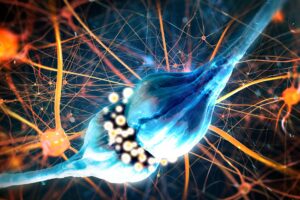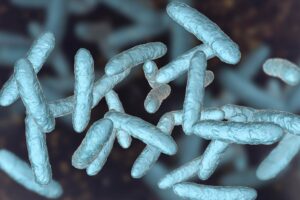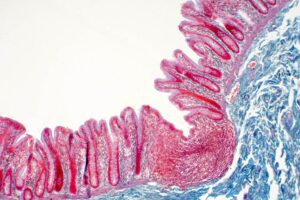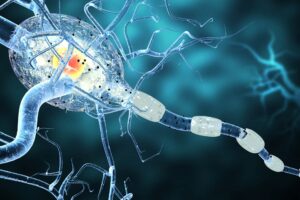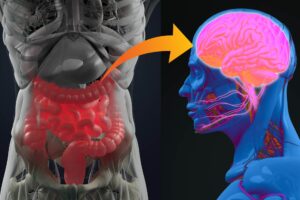Neuroscience
Gastroenterology, Neuroscience
Individuals with autism are unable to break down some environmental toxins, which could allow the toxins to enter the bloodstream and injure brain cells.
Gastroenterology, Neuroscience
The alcohol use disorder can induce changes in the gut microbiota. The administration of prebiotics could decrease the risk of relapse in alcohol addiction.
Gastroenterology, Neuroscience
A new study, published in Cell Metabolism, suggests that targeting the gut microbiota could help to treat memory impairment, in particular in obese people.
Neuroscience, Nutrition
Some studies have underlined some differences in the gut microbial composition of people with anorexia and healthy individuals.
Gynecology, Neuroscience
A new study published in Nature claims that specific bacteria that live in a mother’s gut produce molecules that influence the wiring of the fetal brain.
Neuroscience
Strains of a particular microbe could boost the production of GABA—a neurotransmitter that plays a key role in anxiety and depression disorders.
Neuroscience
A gut microbiota-modulated neural pathway can regulate blood sugar independently from the central nervous system, a new study pubblished in Science claims.
Neuroscience
A new study published in Nature found that a specific combination of gut microbes can worsen the symptoms of multiple sclerosis in mice.
Neuroscience
A study published in Science Advances suggests that optimizing the gut microbiota can inhibit the development of Alzheimer’s disease.
Neuroscience
A study published in Nature could help to determine how intestinal motility is regulated and understand systemic disorders related to the gut-brain axis.


